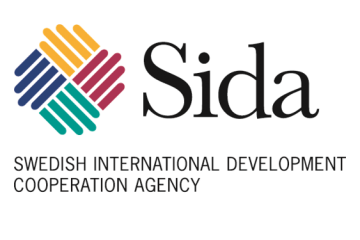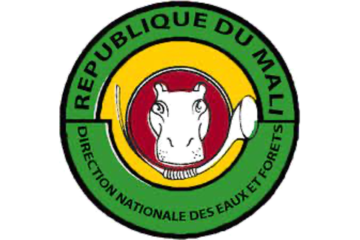Training of Malian Water and Forestry Officers on Forest Management Plans Mali
![]() ENVIRONMENT
ENVIRONMENT ![]() FORESTRY
FORESTRY ![]() TRANSVERSAL
TRANSVERSAL


Services: Training and capacity building
Countries: Mali
Dates of intervention: 2017/07
Amount executed: 17 210 €
Total amount of the service: 17 210 €
Main backer: Swedish International Development Cooperation Agency - Client
Main beneficiary: Direction nationale des eaux et forêts du Mali
Support provider: SalvaTerra
Experts: Olivier BOUYER, Anis CHAKIB
Certificate of satisfactory executionCompte-rendu de formation - Renforcer les capacités des agents forestiers en matière d'aménagement forestier participatif (Bamako, 24 au 28 juillet 2017)Manuel de formation - Renforcer les capacités des agents forestiers en matière d'aménagement forestier participatif (Bamako, 24 au 28 juillet 2017)
Context of the service
The Decentralized Forest Management Program (GEDEFOR2) is implemented by the National Directorate of Water and Forests (DNEF) of Mali and funded by the Swedish Cooperation (SIDA).
Among other actions, the GEDEFOR2 implements actions to strengthen the capacities of DNEF agents. As such, the experts had to prepare and facilitate a one-week training session for 31 agents of the DNEF (central and decentralised services) on participatory forest management.
Nearly 10 themes were addressed during this session:
- Objectives of forest management,
- Key concepts related to sustainable forest management and forest management,
- State of the forest sector in Mali,
- Management plan framework,
- Forest inventory methods and tools,
- Participatory consultation methods,
- Community and participatory forest management,
- Promotion of non-timber forest products (NTFPs),
- Management of wood energy,
- Reforestation techniques / assisted natural regeneration / cuttings and layering.
Services provided
The trainers facilitated the exchanges by using:
- Slide shows (compiled in a full-color Training Manual distributed to all participants. The 110 bibliographical references cited in these slideshows are listed at the end of the Manual and the references have been left in digital format at GEDEFOR2),
- Short films (from 2 to 20 mins), illustrating concrete practices (on community forest management, local NRM conventions, NFLPs, FMNR, improved carbonization, etc.) from around the world (Benin, Niger, Cameroon, DR Congo, Madagascar, Nepal, Guatemala, France, Quebec, etc.),
To reinforce the anchoring of knowledge in the minds of the participants, small "quizzes" (10 multiple-choice questions per theme covered) were offered at the end of the day, with cross-correction allowing participants to self-evaluate.
The results of the quizzes are good (knowledge has been integrated), homogeneous between participants (no participant has been "left behind"), homogeneous between themes (all the themes dealt with have been well understood).
In addition, the participants were invited to give their opinion on the interest of the themes addressed: the satisfaction rate per theme varies between 4 (very useful theme) and 5 (essential theme). Finally, the organization of the training was considered to be very appropriate overall.
Summary of the service
One-week training of water and forestry officers on forest management plans: forest management objectives, key concepts related to sustainable forest management and forest management, state of the forest sector in Mali, management plan framework, inventory methods, participatory consultation methods, community and participatory forest management, promotion of NTFPs, wood energy management, Reforestation techniques / assisted natural regeneration / cuttings and layering.